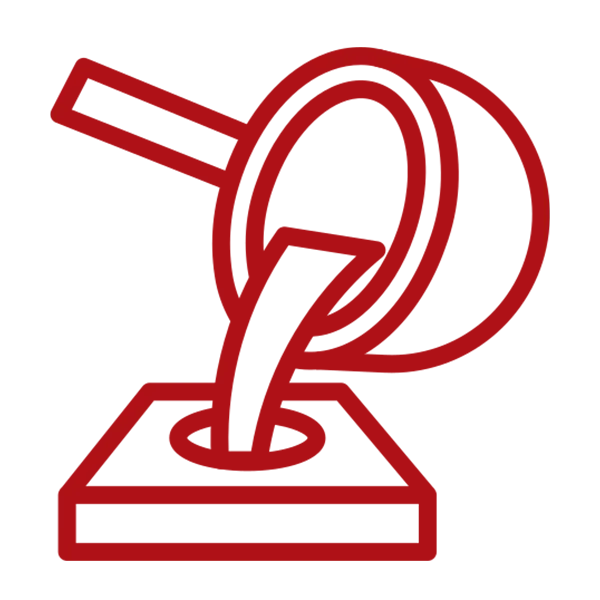
Esteja você familiarizado com técnicas de fundição sob pressão ou não, our R&D teams assist you from the very beginning - projeto de molde. Guided & assisted by DFM & mold flow tool, nossas equipes oferecem os desenhos técnicos mais especializados. Nossa análise DFM é fornecida gratuitamente!

Ao contrário das fábricas normais que fazem apenas o trabalho de fundição sob pressão para você, Bian Diecast está totalmente equipado - você pode realizar seu projeto em um só lugar! Fundição sob pressão, CNC machining & finishing in one stop. Nosso objetivo é economizar seus custos e melhorar a eficiência no processo.

Valorizamos muito suas obras de arte de design e estamos abertos a assinar NDAs mediante sua solicitação. Adicionalmente, podemos fornecer arquivos certificados para peças automotivas, incluindo PPAP, APQP, FMEA, MSA, e CEP, para nossos produtos fundidos.

Nosso serviço é detalhado, até a embalagem. Você pode escolher a embalagem ideal – sacos plásticos de bolhas, caixas de papelão, molduras de plástico, divisórias, e muito mais – para atender às necessidades do seu produto. Também podemos acomodar rapidamente a impressão do logotipo ou outras solicitações personalizadas na embalagem. Basta perguntar!
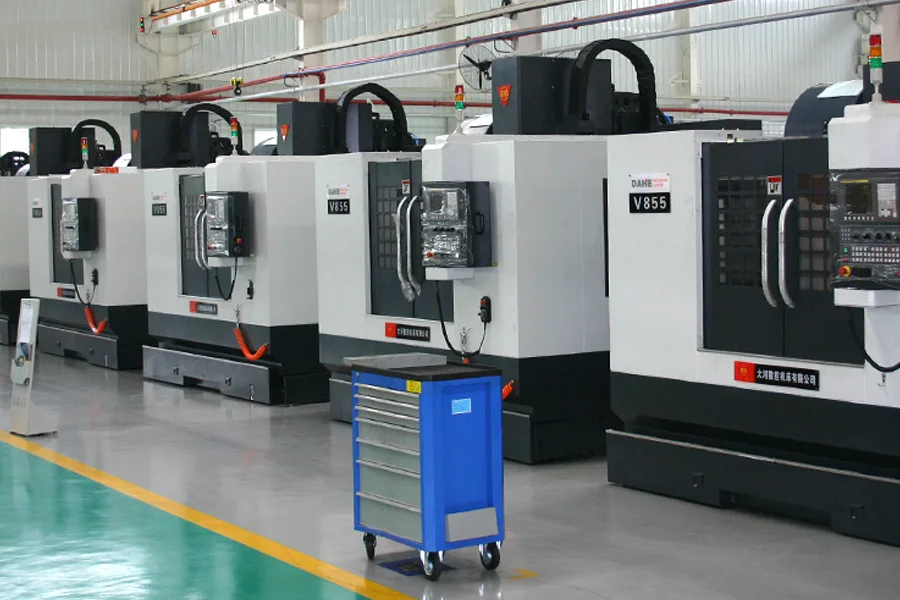
Usinagem CNC, como um processo vital dentro fundição de alumínio, permite usinagem de precisão e ajustes em peças fundidas de alumínio para atender aos requisitos e especificações do produto final. No processo de fundição de alumínio, as peças fundidas de alumínio obtidas após a liga de alumínio ser injetada em moldes geralmente requerem usinagem secundária e acabamento para atingir as dimensões precisas desejadas, formas, e qualidade da superfície. É aqui que a usinagem CNC entra em ação.
Como fabricante de usinagem CNC, A Bian Diecast se orgulha de oferecer um espectro diversificado de ligas de alumínio fundido de primeira linha para atender a uma ampla gama de demandas industriais.. Nossa seleção cuidadosamente selecionada abrange três categorias principais, incluindo serviço de fresagem CNC, Serviço de torneamento CNC e usinagem EDM, cada um distinguido por seu conjunto exclusivo de propriedades e aplicações.
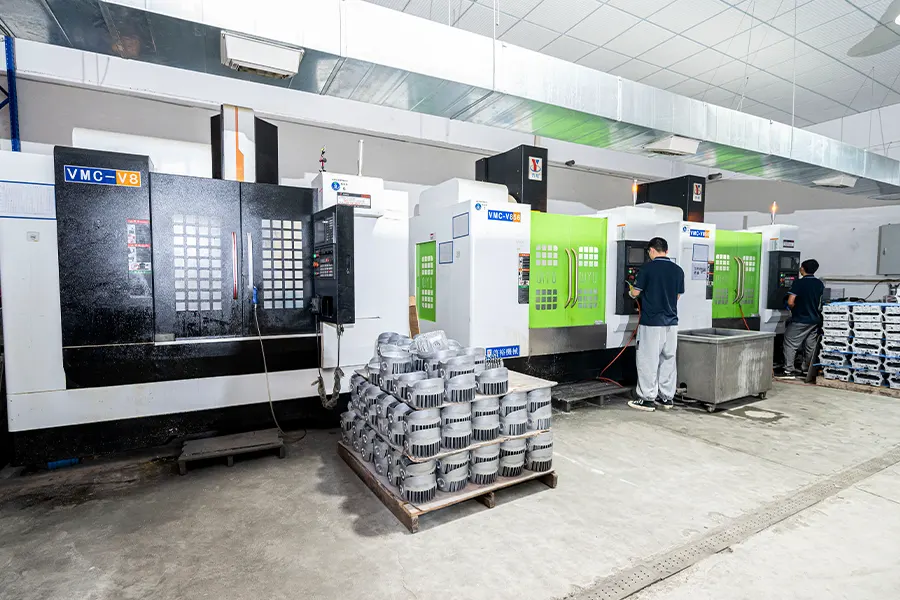
A oficina de fresagem CNC está equipada com fresadoras usadas para fresagem plana, fresamento de contorno, perfuração, e outras operações. É comumente empregado na produção de peças como apartamentos, ranhuras, buracos, e fios contínuos.
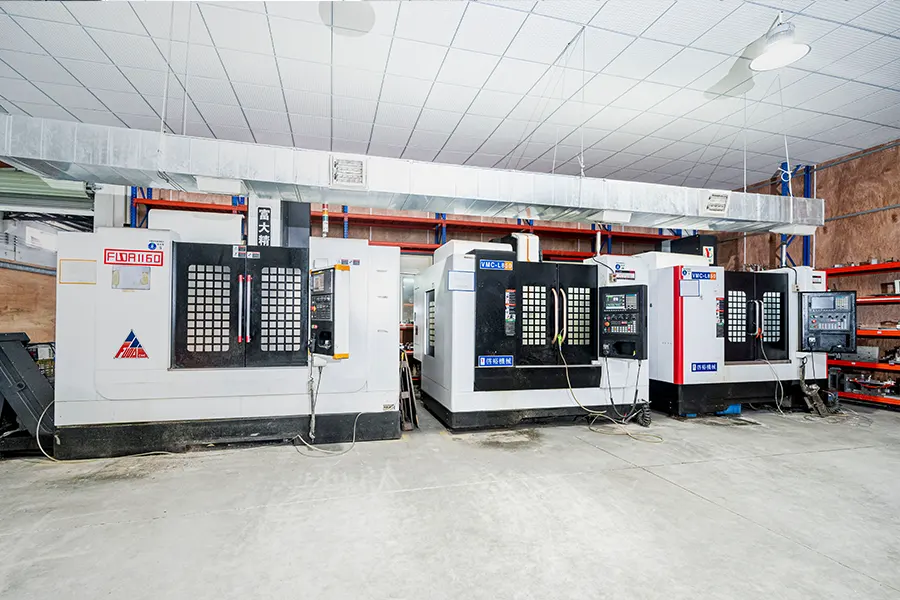
A oficina de torneamento CNC conta com tornos utilizados para usinagem rotacional, incluindo usinagem de contorno externo, usinagem de extremidade, e usinagem de rosca. É freqüentemente usado para processar componentes como eixos.
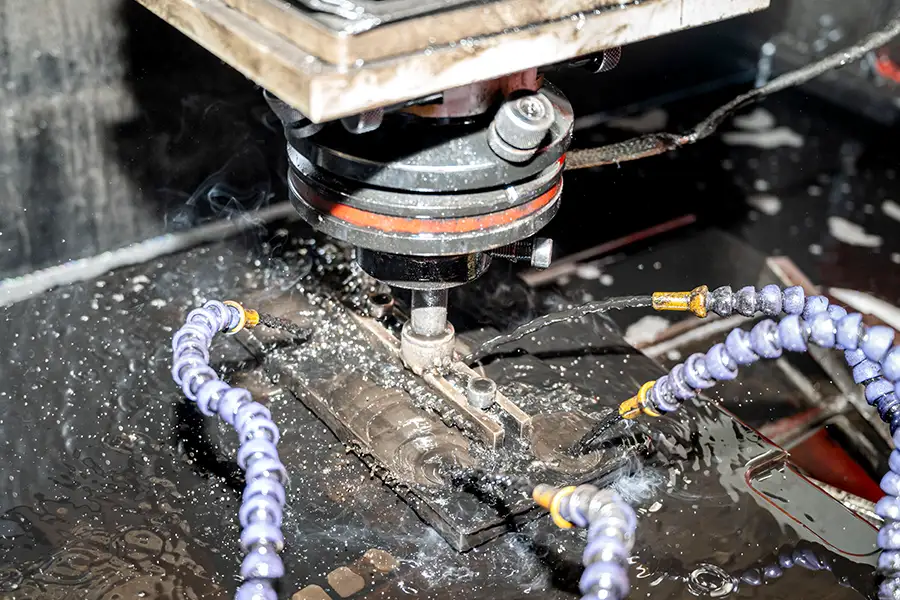
Usinagem EDM com fio, também conhecido como usinagem de descarga elétrica com corte de fio, é um processo de corte eletrotérmico. Comparado aos métodos tradicionais de corte mecânico, A usinagem Wire EDM oferece maior precisão e qualidade de superfície, e pode lidar com formas geométricas mais complexas.
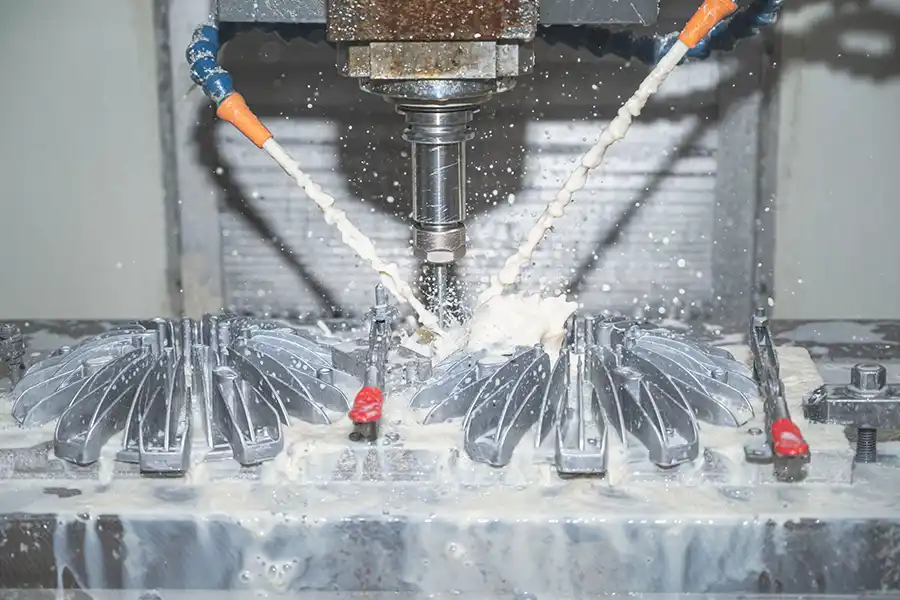
A seguir está uma breve lista de nossos centros de usinagem CNC, capaz de usinar com precisão peças fundidas sob pressão para um portfólio de setores. Maior dimensão de usinagem até 1000cm. Diferentes tipos de máquinas CNC que fornecemos são os seguintes:

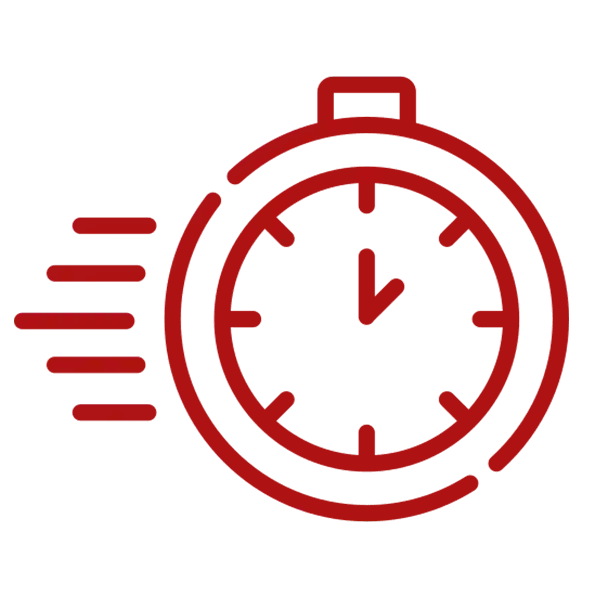



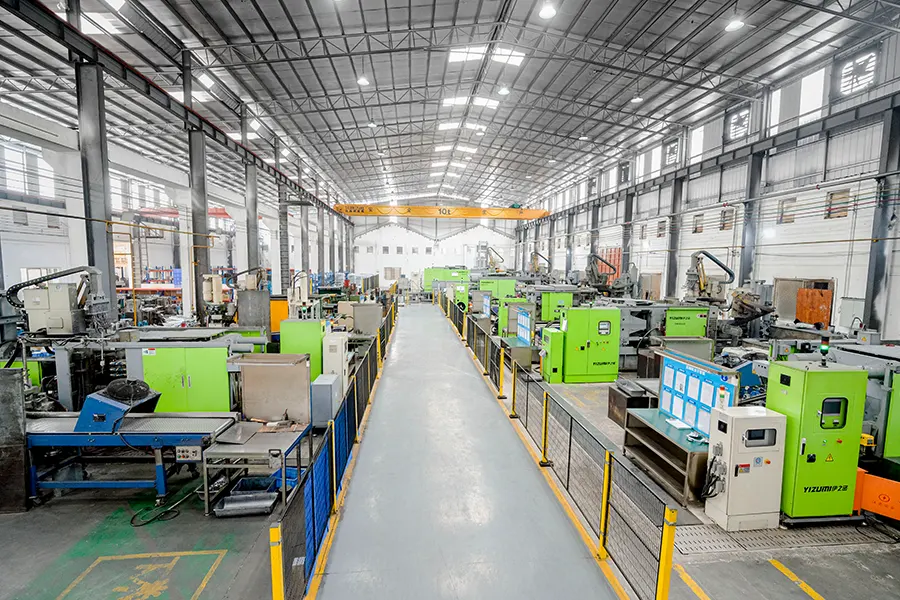
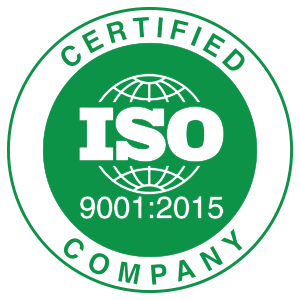
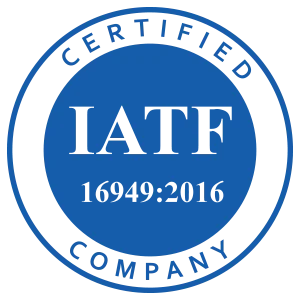
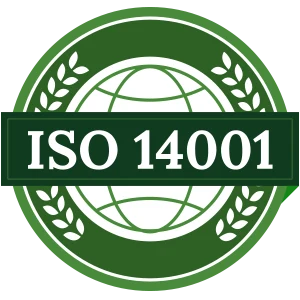
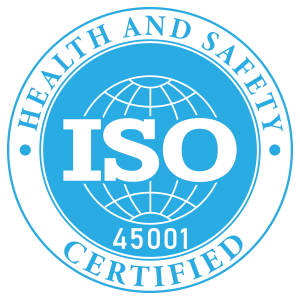
Bian Diecast, uma empresa de fundição de alumínio, está localizado no distrito de Nanhai, Cidade de Foshan, China. Com mais de uma década de experiência em fundição sob pressão, estamos comprometidos em fornecer serviços abrangentes de fundição sob pressão. Além do projeto e desenvolvimento de moldes especializados, temos uma fábrica avançada e oficinas que integram fundição sob pressão, Usinagem CNC de precisão, e serviços de acabamento de superfície, atendendo a diversas necessidades em vários setores.
Atualmente, acumulamos anos de experiência de serviço no automotivo, iluminação, eletrônicos, mobília, e indústrias de construção. Com uma base sólida em gerenciamento de projetos, pretendemos nos tornar um fornecedor estratégico para muitas marcas globais de renome.
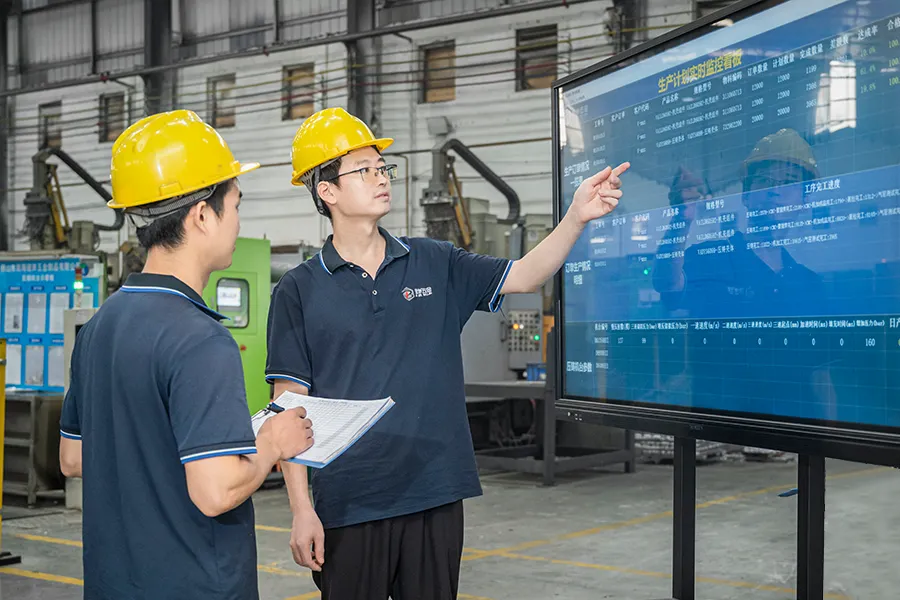
Um CNC (Controle Numérico Computadorizado) A máquina é uma ferramenta versátil e altamente automatizada usada para vários processos de fabricação em todos os setores.

O primeiro passo para usar uma máquina CNC é projetar um modelo digital ou CAD (Design Assistido por Computador) arquivo da peça ou componente que precisa ser fabricado. Este arquivo contém informações detalhadas sobre as dimensões, geometrias, e características da peça.
O arquivo CAD é então convertido em um programa CNC ou código G, que é um conjunto de instruções que orienta a máquina CNC sobre como e onde mover a ferramenta de corte na peça de trabalho. O programa CNC contém comandos para caminhos de ferramenta, velocidades de corte, profundidades, e outros parâmetros.
A peça de trabalho está firmemente fixada na mesa de trabalho ou acessório da máquina, e a ferramenta de corte é carregada no fuso da máquina. O operador insere o programa CNC na unidade de controle da máquina e configura a ferramenta de corte e as coordenadas da peça de trabalho.
Assim que a configuração for concluída, a máquina CNC começa a executar as instruções programadas. Os motores e atuadores da máquina movem a ferramenta de corte ao longo dos caminhos especificados da ferramenta com alta precisão e exatidão com base nos comandos do código G.
Dependendo do tipo de máquina CNC e operação de corte, a ferramenta de corte remove material da peça através de processos como fresamento, girando, perfuração, roteamento, moagem, ou corte a laser. A ferramenta se move em vários eixos simultaneamente para criar a forma e os recursos desejados na peça de trabalho.
Durante todo o processo de usinagem, operadores monitoram o desempenho da máquina, inspecionar a peça de trabalho quanto à qualidade e precisão, e fazer ajustes conforme necessário para garantir os resultados desejados.
Assim que a usinagem for concluída, a peça de trabalho pode passar por processos de acabamento adicionais, como rebarbação, tratamento de superfície, ou inspeção. A peça acabada é então removida da máquina para processamento posterior, conjunto, ou usar.

As máquinas CNC oferecem precisão e exatidão superiores em comparação com as máquinas convencionais. Eles podem produzir formas complexas, desenhos intrincados, e tolerâncias rígidas com consistência e confiabilidade.

Máquinas CNC de alta precisão são totalmente automatizadas e controladas por programas de computador, reduzindo a necessidade de intervenção manual e minimizando o risco de erro humano. Isso resulta em maior eficiência e produtividade.
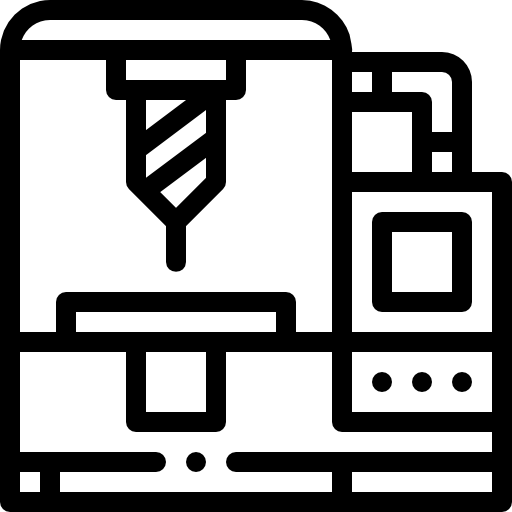
As máquinas CNC são altamente versáteis e podem alternar facilmente entre diferentes tarefas e processos de produção simplesmente alterando o programa CNC. Essa flexibilidade permite uma prototipagem rápida, personalização, e produção de peças diversas.

As máquinas CNC operam em altas velocidades e podem realizar operações de usinagem complexas em uma fração do tempo necessário para máquinas convencionais. Isso leva a ciclos de produção mais rápidos e prazos de entrega reduzidos.

A usinagem CNC de alumínio pode repetir os mesmos processos de usinagem com precisão e consistência, garantindo qualidade uniforme em múltiplas peças de trabalho. Esse recurso é especialmente útil para produção em massa e fabricação em lote.

As máquinas CNC oferecem recursos avançados de monitoramento e controle para garantir a qualidade das peças usinadas. Feedback em tempo real e inspeção durante o processo ajudam a detectar e corrigir desvios, resultando em produtos de alta qualidade.
Usinagem CNC significa usinagem de controle numérico computadorizado. É um processo de fabricação altamente preciso que complementa a fundição, permitindo o ajuste fino, moldar, e modificações pós-fundição de peças fundidas sob pressão. A usinagem CNC garante que as peças atendam às tolerâncias rígidas e às dimensões especificadas, melhorando sua qualidade e funcionalidade geral.
Sim, A usinagem CNC é versátil e aplicável a peças fundidas sob pressão de alumínio e zinco. Oferece flexibilidade para ajustar e modificar peças feitas de vários materiais, garantindo que eles atendam aos requisitos específicos do projeto.
Absolutamente, A usinagem CNC é a solução ideal para obter tolerâncias restritas em peças fundidas sob pressão críticas. Sua precisão controlada por computador garante que as peças estejam em conformidade com os requisitos dimensionais exatos, mesmo para aplicações exigentes em indústrias como aeroespacial e automotiva. A usinagem CNC melhora a qualidade, confiabilidade, e desempenho desses componentes de precisão.
A usinagem CNC abrange várias operações, incluindo fresagem, girando, perfuração, e acabamento superficial. Essas operações podem ser adaptadas para atender a requisitos funcionais e de projeto específicos para peças fundidas sob pressão..
A usinagem CNC contribui significativamente para prazos de entrega mais curtos, oferecendo configuração rápida, mudanças eficientes de ferramentas, e capacidades de corte de alta velocidade. Essa agilidade permite ajustes rápidos em cronogramas de produção e acomodação de pedidos urgentes, Tornar a usinagem do CNC um fator -chave para atender ao tempo de projeto apertado do projeto.
A usinagem CNC é versátil e compatível com uma ampla gama de materiais comumente usados na fundição, incluindo alumínio, zinco, magnésio, e mais. A seleção de material depende dos requisitos específicos do seu projeto, e a usinagem CNC pode acomodar vários materiais com facilidade.
Sim, A usinagem CNC é uma excelente opção para produzir protótipos de peças de molde. Sua capacidade de fazer as peças de máquina com rapidez e precisão o torna ideal para testar e validar projetos antes de se comprometer com a produção em massa. Isso reduz o tempo e os custos associados à criação de protótipos físicos.
Fatores de projeto, como seleção de material, tolerâncias, complexidade da peça, e o acabamento superficial desejado deve ser considerado ao planejar a usinagem CNC para peças fundidas. A colaboração com engenheiros experientes pode ajudar a otimizar os projetos para usinagem CNC eficiente.
Mantemos a consistência da qualidade através do controle rigoroso do processo, Treinamento de funcionários, e adesão aos padrões da indústria. Nosso equipamento de medição avançado verifica dimensões e formas, Garantir que cada peça de matriz usinada atenda aos requisitos especificados.

Direitos autorais © 2024, Bian Diecast. Todos os direitos reservados.
